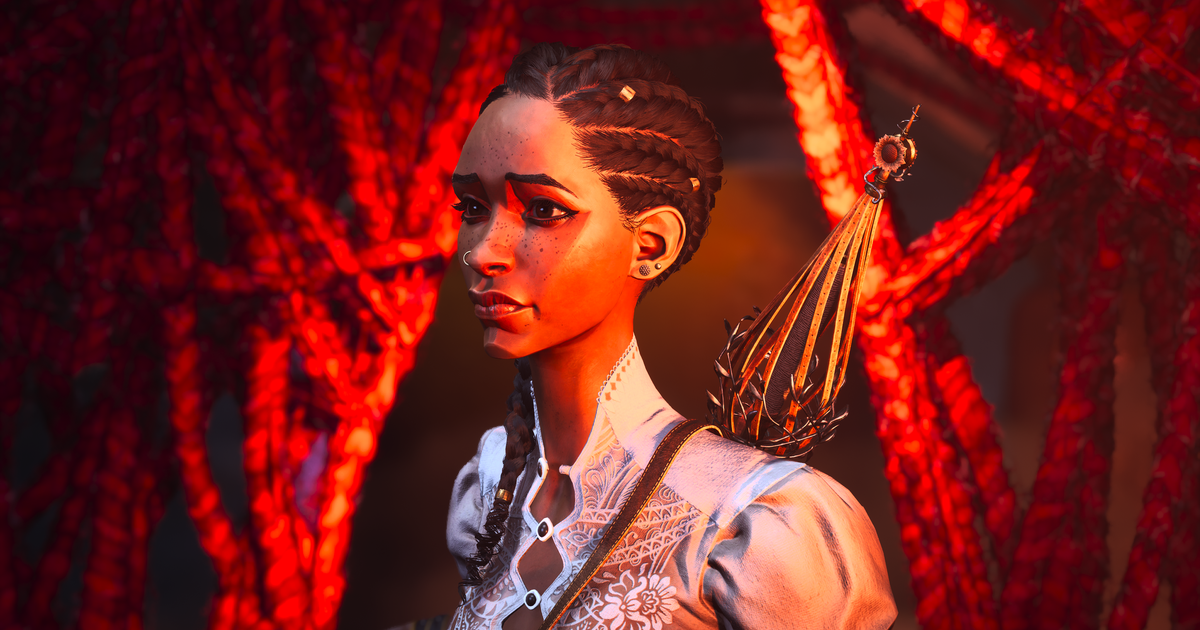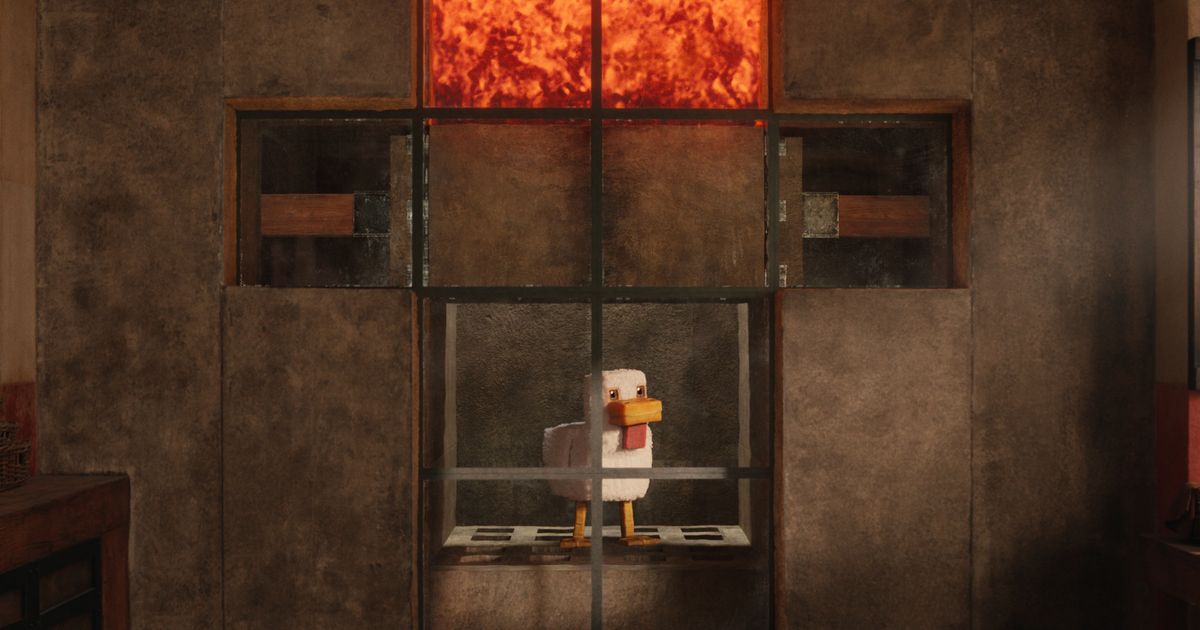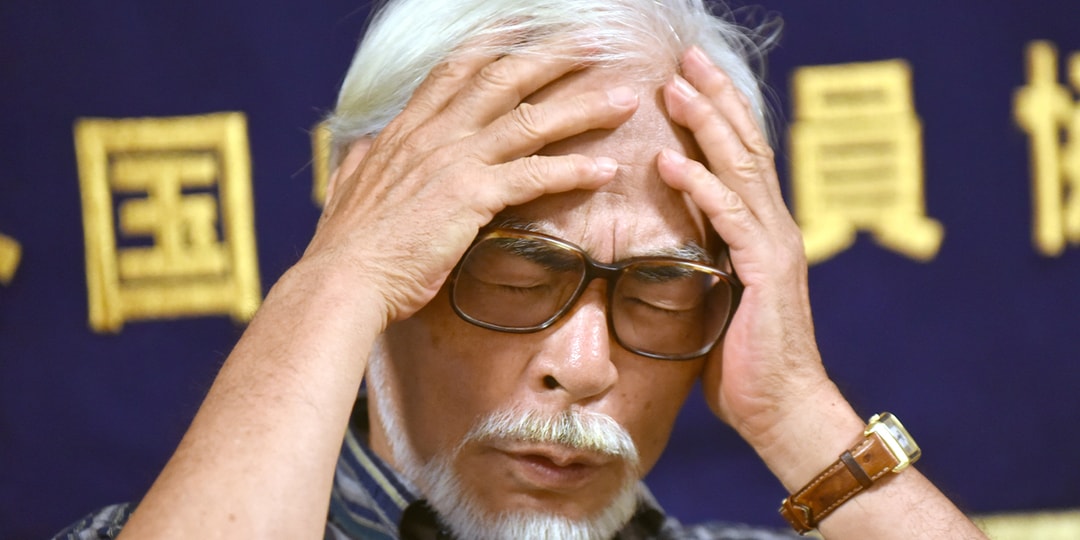Hacks Season 4 Premiere: A Turbulent Journey Through Success and Self-Doubt

The Season 4 premiere of the critically acclaimed series Hacks opens with a dazzling photo shoot featuring the main characters, Deborah Vance, portrayed by the talented Jean Smart, and Ava Daniels, played by the rising star Hannah Einbinder. As the two women pose for the cover of a prestigious magazine, they exude glamour and happiness, dressed impeccably and surrounded by exquisite lighting. Their expressions beam with joy, and its easy to see why they would be thrilled. The feature highlights their remarkable achievements: Deborah, the seasoned stand-up comedian in her seventies, is set to make history as the first female host of a major networks late-night show. Meanwhile, Ava, in her twenties, has landed the role of head writer, making her the youngest person ever to hold such a prestigious position.
However, beneath the surface of this glamorous facade lies a deeper, more troubling reality. In the climactic finale of Season 3, audiences witnessed the tumultuous relationship between Deborah and Ava take a dark turn when Deborah rescinded her job offer to Ava. In a surprising twist, Ava resorted to blackmail, compelling Deborah to rehire her. This strained dynamic casts a shadow over their new show, with the tension threatening to derail their project even before it officially begins airing. You broke my heart, Deborah expresses, forcing a smile for the camera, only to be met with Avas poignant retort, You broke mine first.
Hacks has a knack for bringing its characters together only to drive them apart, creating a complex emotional landscape that defines their relationship. While Deborah and Ava undeniably inspire and challenge each other, their interactions are equally laced with emotional turmoil. At the start of Season 4, which premiered this week on Max, the two find themselves at odds once again. They attribute their frustrations with their new roles to each other, and their bickering has led the network to assign a human resources representative to monitor their interactions, something they both detest. The pressure to maintain a unified front in public is palpable, and Hacks suggests that the self-imposed pressure to prove their worth in an industry that has historically sidelined individuals like them is the true catalyst for their ongoing conflict. The burden of a dream job often comes with overwhelming anxiety, especially in an environment where so few women like Deborah and Ava reach the pinnacle of success.
As the series delves deeper into Deborahs character, it becomes evident that her relentless pursuit of perfection is counterproductive. She becomes increasingly obsessed with audience feedback, adapting her performance based on focus-group findings. For instance, when a viewer expresses a desire to see more of her legs, the crew promptly modifies her set by sawing off the bottom of her desk. If viewers prefer female hosts with longer hair, Deborah readily agrees to get hair extensions. Faced with criticism that mothers do not find her engaging, she goes so far as to incorporate a regular segment featuring a TikToker known as Dance Mom, who dances while sharing her motherhood experiences. These decisions stem from Deborahs deep-seated fear that the show may not resonate with audiences, leading to a panic attack during a crucial dress rehearsal for her first episode. Despite her decades of experience in comedy, fear of failure has taken root, clouding her previous confidence. Deborahs popularity stemmed not from superficial traits but rather from her relatable humor, sharp delivery, and ability to weave personal anxieties into compelling comedic narratives.
The show explores a crucial question: what happens when the pursuit of ones dreams leads to a disconnect from the very reasons those dreams were initially desired? Deborahs struggles, while specific to the entertainment industry, echo more universal themes of self-doubt and identity. On the other hand, Ava's challenges resonate with a wider audience. Eager for the approval of her staff, she bends over backward to foster camaraderie, often engaging in activities that detract from her primary role as a writer. Her attempts at bonding, such as taking the team to a Las Vegas nightclub or throwing elaborate birthday celebrations complete with balloons, leave her drained and unproductive. When Deborah presses Ava for new material, Ava finds herself scrambling, resorting to hastily transcribing her teams ideas while racing against the clock to deliver them to Deborah, reminiscent of the frantic pace seen in the classic film Broadcast News. This frantic pace is taking a toll on her well-being, leading her to utter the line, Im not suicidal; I just want to die, highlighting the extreme pressure she faces.
Hacks is more than just a comedy; it serves as a thoughtful examination of the intricate craft of comedy itself. It highlights the meticulous process behind delivering a punchline and the vulnerability required to stand on stage. As a satire of the industry, it underscores the additional hurdles faced by women like Deborah and Ava, who must navigate steeper challenges than their male counterparts to validate their roles and contributions. Season 4, in particular, adopts a notably introspective tone, allowing audiences to witness the absurdity of Hollywood through characters such as Dance Mom, played by the talented Julianne Nicholson, who brings a unique flair to the narrative. The season raises critical questions: can Deborah and Ava stay true to themselves amidst the chaos? Will they be able to succeed in their new roles while maintaining their distinct voices and instincts?
Ultimately, Hacks suggests that success is not just about professional milestones but also about personal fulfillment and authenticity. The series highlights the importance of supporting one another in the face of adversity, as both Deborah and Ava navigate the treacherous waters of the entertainment industry. Their relationship, marked by moments of conflict and reconciliation, serves as a compelling reminder of the complexities inherent in creative work. For both women, the notion of a dream job is revealed to be an oxymoron, filled with both gratification and the potential for self-destruction. Their journey raises thought-provoking inquiries about the balance between ambition and self-preservation in a cutthroat industry.




























